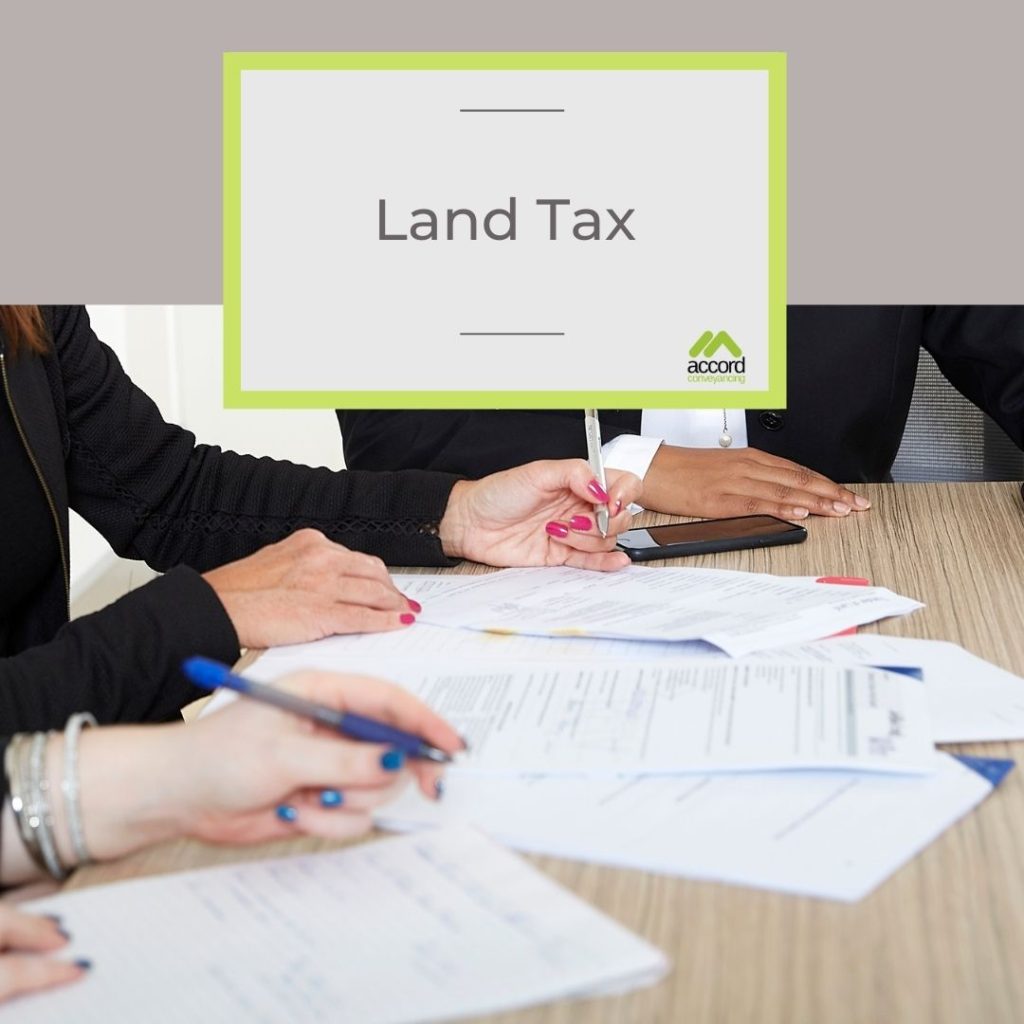What is Land Tax
19 January 2022
When purchasing a property, it is important to understand the ongoing costs associated with the property. These include things such as your mortgage repayments, council rates, owners corporation levies, and land tax.
So what is land tax? Just as it sounds, this is a tax placed on land by the State Revenue Office which land owners pay provided land tax is even applicable.
For example, the property you own and live in as your primary residence is exempt from land tax. Investment properties, however, are not. Whether land tax is charged to your investment property depends on the taxable value or, more simply known, the land value.
The land value is the value of the land on its own, not including the property built on top of it which is then known as the capital improved value. For investment properties that have a land value of less than $300,000.00 there is no land tax applicable as it is below the taxable threshold. For those with a land value of more than $300,000.00 the land tax rate increases on a sliding scale and, as at 1st January 2022, the land tax rates increased for landholdings with a value of more than $1.8mil.
You can find these exact rates here.
Land tax is charged per calendar year (1 January to 31 December). Should you be liable for land tax on your purchase, your first land tax assessment notice will be forwarded in the following calendar year after settlement. If you are purchasing your first investment property and land tax is applicable, then your assessment notice will relate only to that investment property you own.
If you are purchasing a second investment property, then the State Revenue Office aggregates the land values of each investment property you own. This means that if you own one investment property with a land value of $250,000.00 (below the threshold) and a property with a land value of $500,000.00 you will be charged land tax based on the combined value of $750,000.00 provided both properties are owned in the same name. For example, if you own one investment property in your individual name and the other under a company or trust name then the land values are not aggregated.
The land tax criteria for investment properties owned by trust structures is different as well and becomes a little more complex depending on the type of trust structure. In most circumstances, the taxable threshold becomes $25,000.00 and there is a higher rate charged for land tax. If you are considering buying property under a trust structure, we recommend you speak with an accountant first to determine the right structure for you and the relevant taxes applicable.
There are also land tax surcharges for absentee owners (foreign investors) and other exemptions available such as land purchased for certain primary production (farming).
The other aspect of land tax to consider is the adjustment of land tax which occurs between the Purchaser and Vendor at settlement. When buying a property held as an investment by the Vendor, you may be required to pay a share of the Vendor’s land tax at settlement – just as you do with council rates and water rates – so it is important to have the contract review by a Conveyancer prior to signing so you can determine what land tax share you might have to pay and budget accordingly.
For more information on land tax, we recommend heading to the State Revenue Office. You can find their explanation of land tax here and an online calculator here to determine the land tax you might pay if you are about to purchase an investment property.
